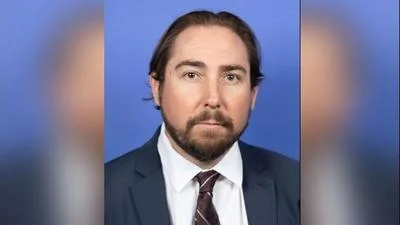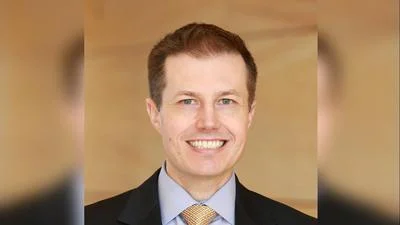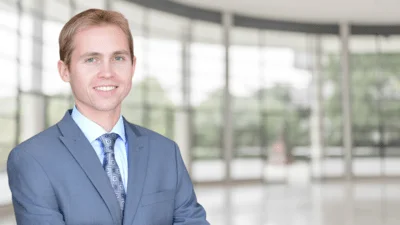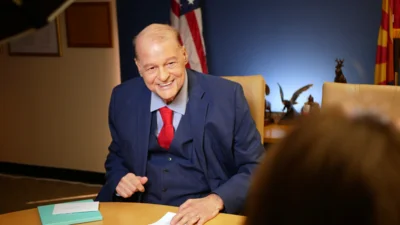Daniel Derksen Associate Vice President at Arizona Center for Rural Health | Official website
Daniel Derksen Associate Vice President at Arizona Center for Rural Health | Official website
For Beatriz Topete, cancer has been a recurring presence throughout her life. From losing her mother to leukemia as a toddler to being diagnosed with leiomyosarcoma herself, the 58-year-old's story reflects the severe impact of cancer on Hispanic communities.
In Arizona, while white residents have higher cancer rates, Hispanics face greater mortality risks. Despite lower incidence rates for common cancers like breast and prostate, they are more prone to preventable cancers linked to infections.
Topete's diagnosis journey was fraught with delays and misdiagnoses until a CT scan revealed her tumor. "The test results kept coming back, inconclusive," she said. After multiple consultations, surgery was deemed necessary.
Floribella Redondo-Martinez from AzCHOW noted funding cuts in prevention efforts: "We’ve seen the shift where all the prevention funding kind of disappeared." AzCHOW received over $500,000 to improve screening and provide food vouchers.
Ana Celia Martinez highlighted dietary issues affecting colorectal cancer rates: "We see a very low consumption of fruits and vegetables."
Adriana Maldonado emphasized cultural barriers in healthcare: “(They) tend to feel the lack of personalismo (personalized care).”
Hispanics often report distrust in the healthcare system. Maldonado stated, “They see me as an outsider,” despite sharing language and culture.
Community health workers aim to bridge these gaps by promoting preventive care and understanding patient needs. Redondo-Martinez stressed the importance of services returning to Douglas: "Every single border community that we have... we try to make sure that we have services that always come back."
Cassandra Webb from Arizona Department of Health Services pointed out insurance challenges: “Uninsured patients have less access to cancer screenings.”
Many Americans seek affordable care in Mexico due to high costs in the U.S., particularly among Latinos. Maldonado shared findings from a study showing 50% returned for familiar treatment practices.
Reflecting on past financial struggles for her sister's cancer care, Topete recalled her father's worry about losing their home due to medical bills.
Julie Dunnigan from Cancer Support Community Arizona explained how financial constraints deter people from seeking diagnoses: “People don’t want to know they’re sick because they can’t afford it.”
Topete remains grateful for early detection thanks to her persistence and support network: “I feel very fortunate because I feel like I am one of the lucky ones.”
This article was originally published by Cronkite News.






 Alerts Sign-up
Alerts Sign-up